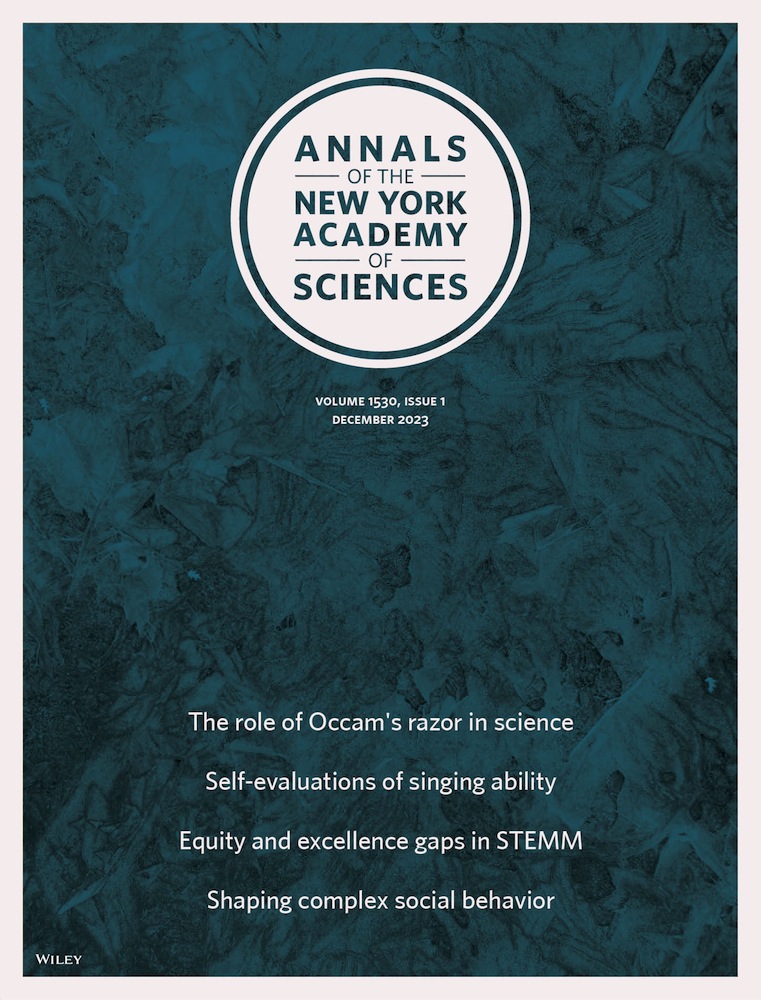Artificial intelligence chatbots as a source of virtual social support: Implications for loneliness and anxiety management
IF 4.1
3区 综合性期刊
Q1 MULTIDISCIPLINARY SCIENCES
引用次数: 0
Abstract
Loneliness, social isolation, and anxiety affect millions of people across the world. Communication technologies, including artificial intelligence (AI) chatbots, can potentially offer support to those experiencing mental health challenges by providing companionship and support. Specifically, social AI can mimic human interaction, which may help alleviate loneliness and anxiety through person‐centered messaging. Despite growing AI usage, there is limited research on the effectiveness of specific message types in this context. Thus, this study employed a 2 (person‐centered message: high vs. low) × 2 (context: loneliness vs. anxiety) between‐subjects design to test how different supportive messages from social AI chatbots impact subsequent outcomes. Results revealed that high person‐centered messages are associated with increased emotional validation. Furthermore, the quality of social support and interpersonal warmth (IW) mediated the relationship between high person‐centered messages and emotional validation. Finally, the mediation effect between high person‐centered messages and emotional validation via the quality of emotional support was moderated by social presence, but not the mediation effect between high person‐centered messages and emotional validation via IW. These results demonstrate the importance of developing social AI chatbots that employ messages high in person‐centeredness, as these messages are most important for addressing mental health concerns.人工智能聊天机器人作为虚拟社会支持的来源:对孤独和焦虑管理的影响
孤独、社会孤立和焦虑影响着全世界数百万人。通信技术,包括人工智能(AI)聊天机器人,可以通过提供陪伴和支持,为那些经历心理健康挑战的人提供支持。具体来说,社交人工智能可以模仿人类互动,这可能有助于通过以人为中心的信息传递减轻孤独和焦虑。尽管人工智能的使用越来越多,但在这种情况下,关于特定消息类型有效性的研究有限。因此,本研究采用了2(以人为中心的信息:高vs低)x2(情境:孤独vs焦虑)受试者设计来测试来自社交人工智能聊天机器人的不同支持信息如何影响后续结果。结果显示,高度以人为中心的信息与增加的情感确认有关。此外,社会支持质量和人际温暖(IW)在高度以人为中心的信息与情绪确认之间起中介作用。最后,高以人为本的信息通过情绪支持质量对情绪验证的中介作用被社会在场调节,而高以人为本的信息通过IW对情绪验证的中介作用不被社会在场调节。这些结果证明了开发社交人工智能聊天机器人的重要性,这些聊天机器人使用高度以人为中心的信息,因为这些信息对于解决心理健康问题最重要。
本文章由计算机程序翻译,如有差异,请以英文原文为准。
求助全文
约1分钟内获得全文
求助全文
来源期刊

Annals of the New York Academy of Sciences
综合性期刊-综合性期刊
CiteScore
11.00
自引率
1.90%
发文量
193
审稿时长
2-4 weeks
期刊介绍:
Published on behalf of the New York Academy of Sciences, Annals of the New York Academy of Sciences provides multidisciplinary perspectives on research of current scientific interest with far-reaching implications for the wider scientific community and society at large. Each special issue assembles the best thinking of key contributors to a field of investigation at a time when emerging developments offer the promise of new insight. Individually themed, Annals special issues stimulate new ways to think about science by providing a neutral forum for discourse—within and across many institutions and fields.
 求助内容:
求助内容: 应助结果提醒方式:
应助结果提醒方式:


